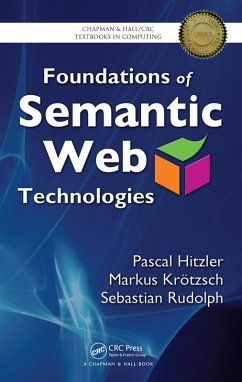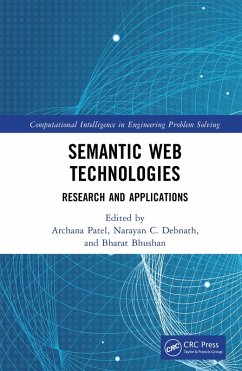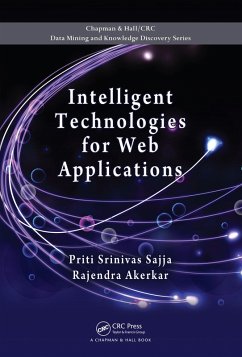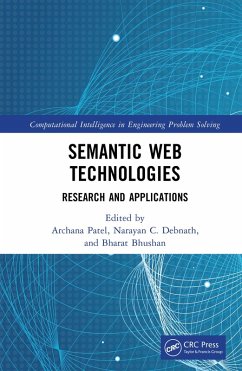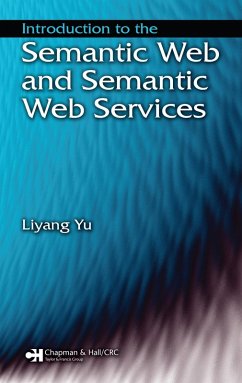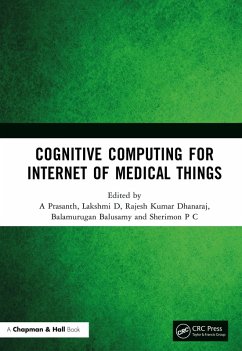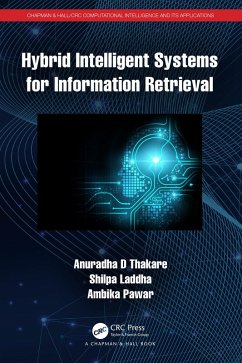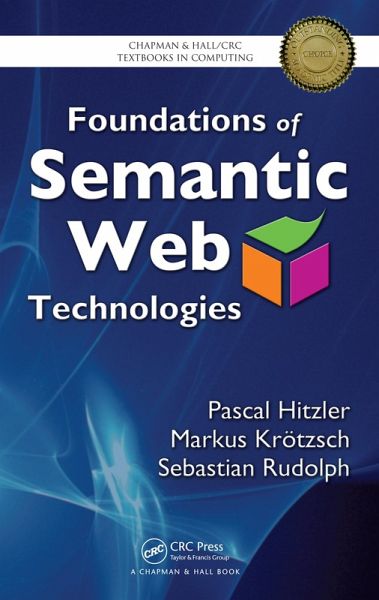
Foundations of Semantic Web Technologies (eBook, PDF)
Versandkostenfrei!
Sofort per Download lieferbar
94,95 €
inkl. MwSt.
Weitere Ausgaben:

PAYBACK Punkte
47 °P sammeln!
Thoroughly covering basic introductions and intuitions, technical details, and formal foundations, this text focuses on the established foundations in this area that have become relatively stable over time. It presents the latest developments in Semantic Web standards, including RDF, RDF Schema, OWL 2, RIF, and SPARQL. It also explores formal semantics, OWL querying, the relationship between rules and OWL, and ontology engineering and applications.
Dieser Download kann aus rechtlichen Gründen nur mit Rechnungsadresse in A, B, BG, CY, CZ, D, DK, EW, E, FIN, F, GR, HR, H, IRL, I, LT, L, LR, M, NL, PL, P, R, S, SLO, SK ausgeliefert werden.




